Showers and Tubs, Pros and Cons
Shower/tub combinations are the most common type of fixture you’ll see in household bathrooms. This is because they’re practical, they’re efficient, and they give you the option of taking either a long bath or a quick shower. However, there are some cons as well. While they’re practical for families with young kids, they can pose difficulties for older people or those with mobility problems.
While the shower/tub has been popular for a long time, the latest trend in bathroom renovations is to do away with the combo and replace it with a freestanding tub and a separate glass-panelled shower. If you have the space and the budget I say go for it, as you get the best of both worlds. But the reality is that many bathrooms can’t accommodate this layout, and many people’s budgets just can’t handle it. So the questions for these people is: bath, shower or both?

Bathtub and Shower Pros and Cons
If you’re renovating your bathroom and trying to decide what to do about the shower/tub situation consider some of the pros and cons.
Bathtub Pros
- Great for relaxing sore muscles.
- Ideal for bathing small children.
- Available in a variety of sizes to suit all size bathrooms.
- Freestanding units can be placed just about anywhere, as they are finished on all sides.
- A wide variety of design choices (style, material, tile surrounds etc.)
- Plenty of special features available including air jets, whirlpool versions, etc.
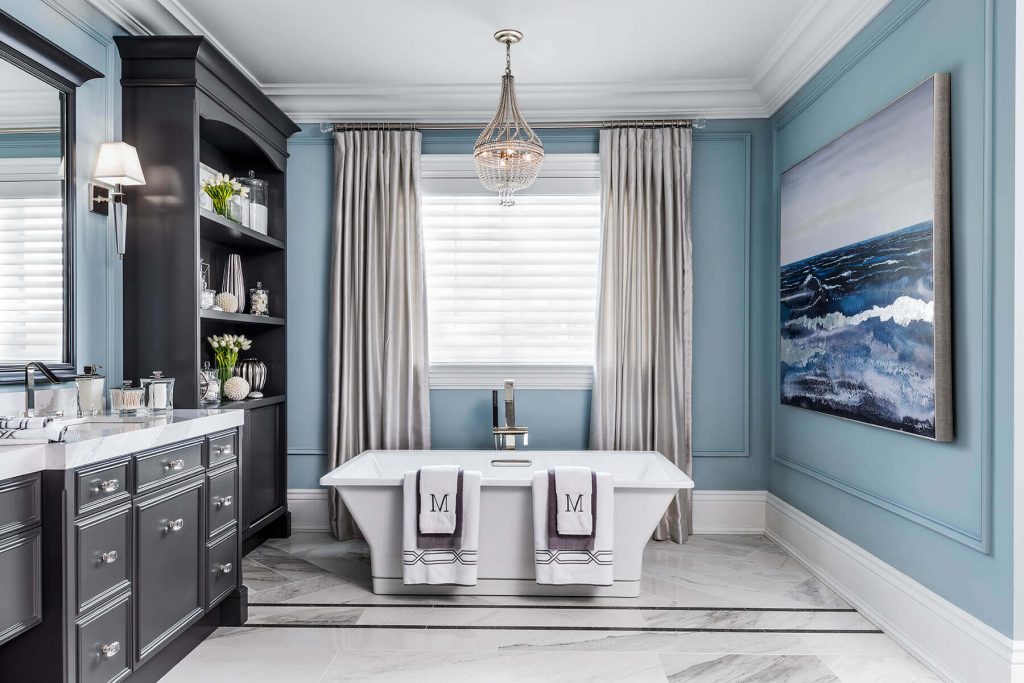
Bathtub Cons
- Can be difficult for older people and people with injuries to get in and out.
- Takes up a lot of space.
- Requires a lot of water.
- You need a water heater with the adequate capacity to fill the tub with hot water.
- It can be time consuming to fill a tub and bathe.
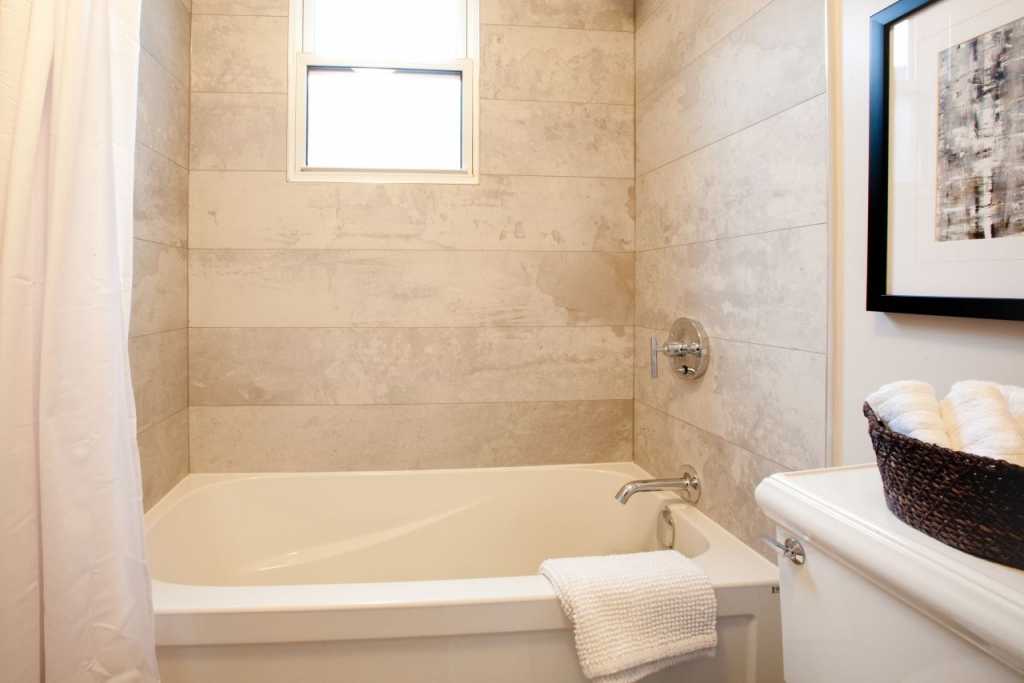
Shower Pros
- Use less water than bathtubs.
- Quick and convenient.
- Easy access for people with mobility issues. They can also be equipped with grab bars, non-slip tiles and benches.
- Small footprint (although there’s currently a trend towards large, luxurious stalls)
- Multiple high-end features available including rain showers, jets and steam options.
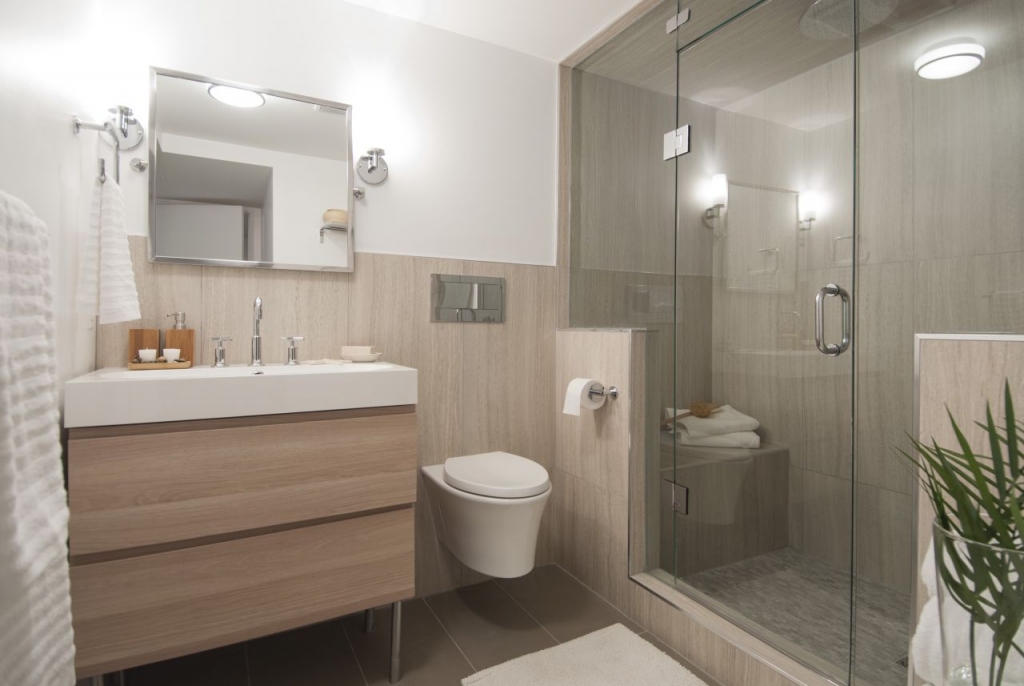
Shower Cons
- Not practical for people with children.
- Shower doors require quite a bit of cleaning and maintenance to keep them from getting visible lime and calcium stains.
- Leaks can be a pain to fix. They must be fixed properly, glued properly, and allowed to dry for the proper amount of time, leaving you with no way to bathe for a lengthy period of time.
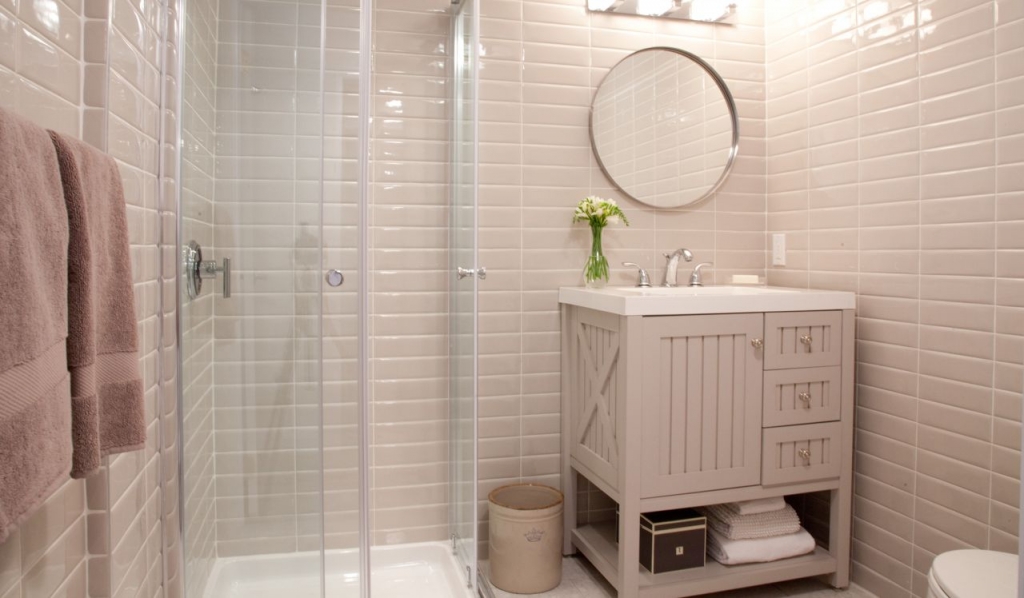
Bath vs Shower – When It Comes to ROI, Which is Better?
In the majority of homes the shower gets used far more than the tub, and as a result there’s a trend towards getting rid of tubs completely and instead going for spacious, stand up shower stalls. While this might suit your personal tastes, it’s not a great idea when it comes to ROI. Before you rip out your tub give some serious thought to the types of buyers who might be interested in buying your property down the line. If it’s empty nesters or the elderly you’re probably ok, but if it’s more likely to be a family you need to have a tub. My advice is that you should always have at least one tub in the house.
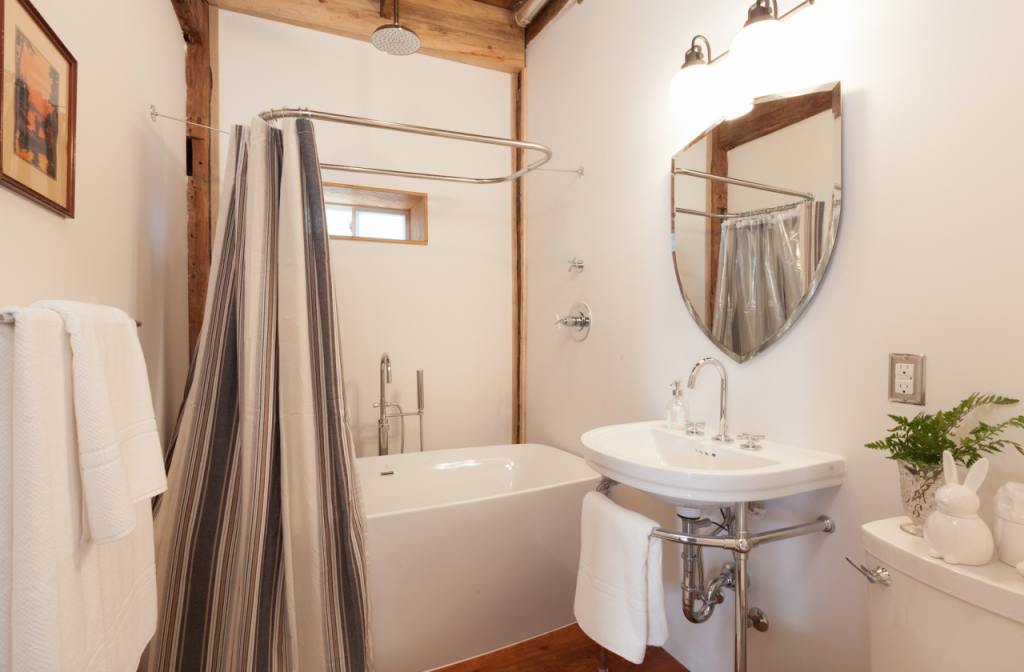
Bathtubs and showers are the most important part of the bathroom to do right. When either one of these things is installed incorrectly the consequences can be devastating. For more information about installing tubs and showers check out chapter 3 of my book How to Add Value to Your Home.
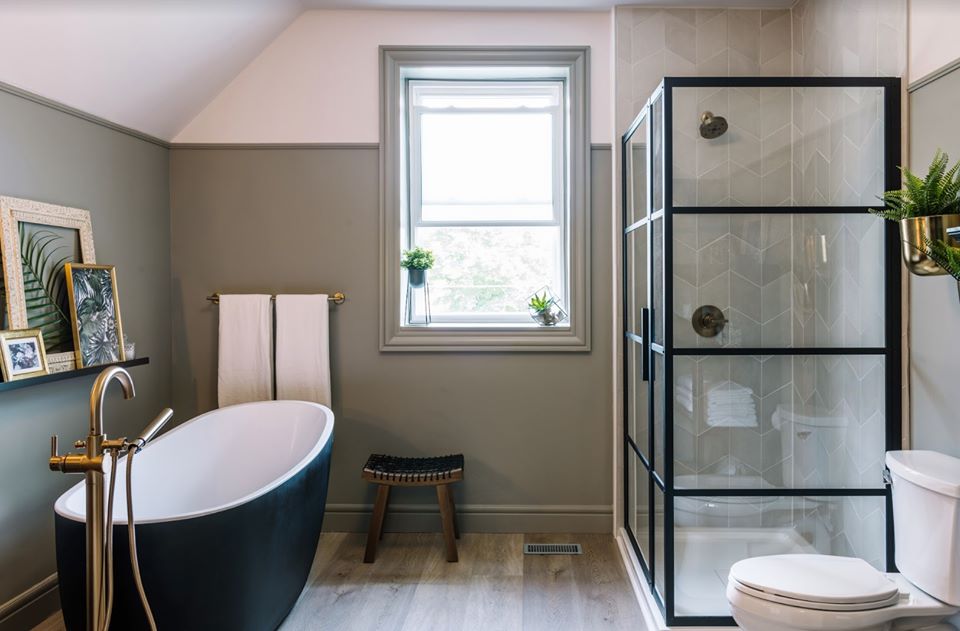
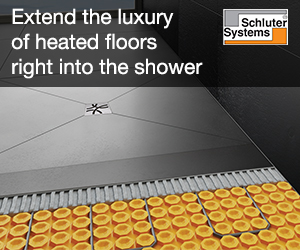

Comments